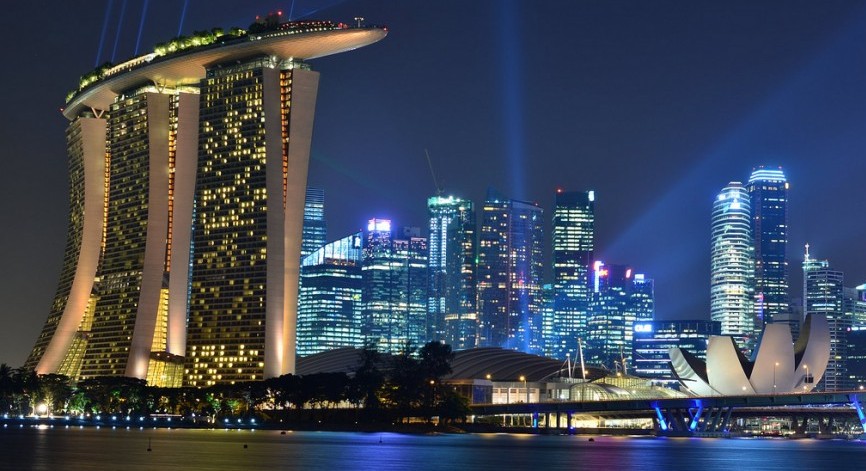Foreign exchange startup Spark Systems, a new forex trading platform that aims to facilitate faster and more affordable currency trading in Singapore, has raised $5 million in funding from Dymon Asia Capital, the $5.5 billion investment manager whose currency hedge fund returned 56 percent last year.
The venture elaborates that its long-term goal involves building a forex exchange marketplace that can be globally competitive. This is instead of routing orders of Asia-based institutional investors to London or New York, adding milliseconds to transaction times which can become costly. During those milliseconds prices can also expire, increasing the likelihood of a trade being rejected.
Spark Systems recently opened its office at Fintech hub Lattice80 and plans to beta-test the platform next month, hoping to lure traders with lower fees than existing offerings in the city.
In addition, Spark wants through the new offering to break into a market that is long-dominated by Western platforms which often demand high transaction costs. Even if it was smaller and considering that institutional traders only care about how big the liquidity pool is, the company says that there is no common sense in linking up all buyers and sellers. In other words, Spark expects do the same job cheaper and faster.
More specifically, Spark will charge lower fees than its competitors. It will cost $3 or less for every $1 million worth of trades on Spark’s platform, versus $5 to $15 for existing venues. In terms of offering a faster trading solution, it would take about 2 milliseconds to match an order in Spark’s platform, versus 200 milliseconds to route it to New York or London.
While the US and the UK handled about 56 percent of the world’s currency trades in 2016, Singapore remains the largest foreign exchange centre in the Asia-Pacific region and third-largest globally. According to the latest BIS report, the average daily trading volume of Singapore’s foreign exchange market was $517 billion last year, up 35 per cent from the $383 billion of three years ago. Singapore’s share of global foreign exchange volumes has also grown to 8 percent, from 5.7 percent in 2013.





Be First to Comment